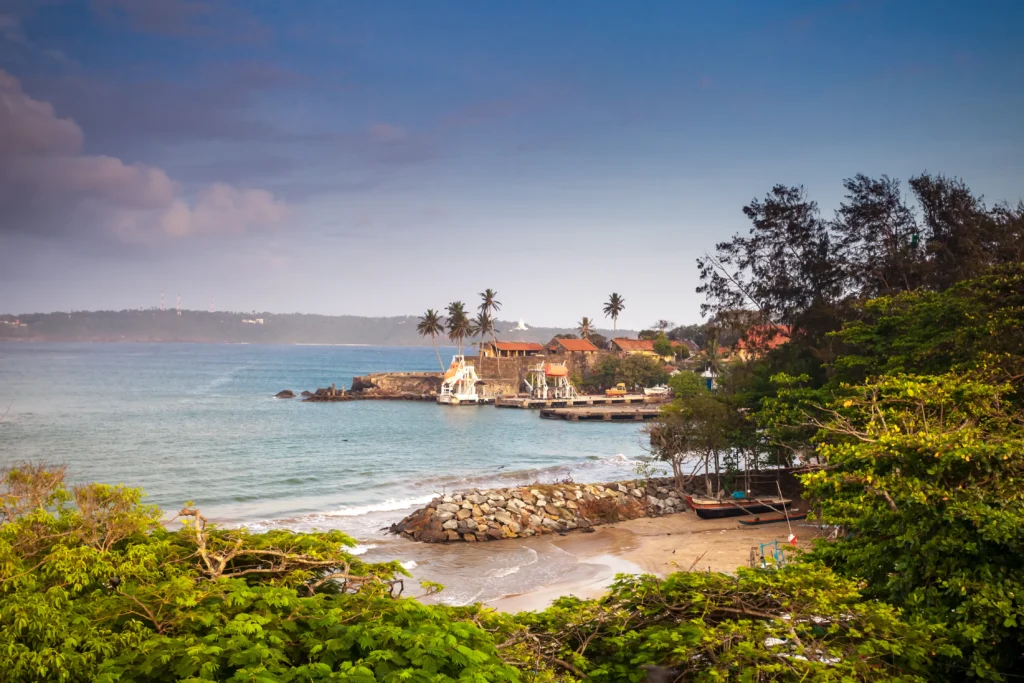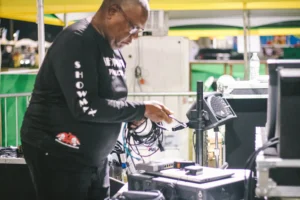The grass isn’t always greener on the other side. It’s laughable that people assume the US turmoil will leave their international homes unscathed.
Let’s cut the fantasy: the grass isn’t always greener on the other side. It’s frankly laughable that people assume the turmoil and volatility currently roiling the United States will somehow leave the Caribbean—our closest, most market-dependent neighbor—unscathed.
The truth is, the Caribbean isn’t an escape route; it’s a satellite economy. Because the U.S. remains the sole global superpower, its political, financial, and even military actions don’t just create ripples—they create tsunamis felt immediately in Kingston, Nassau, and Port-of-Spain.
The core industries of the Caribbean—tourism and financial stability—are already facing existential threats, not from local mismanagement, but from economic headwinds we generate. To assume the islands are a stable sanctuary from our chaos is to fundamentally misunderstand how dependent this region is on the very system we are currently disrupting.


The Illusion of Escape vs. The Reality of the Deal
We, as American consumers, need to be honest about why we fly south. We don’t book a week in the Dominican Republic to protest U.S. politics. We book it because, due to the strong U.S. dollar, it’s a better value. The math is simple: a high-end, all-inclusive resort stay is often cheaper, easier, and offers better service than a comparable vacation in Florida or California.
The region is a price-taker. When our Federal Reserve hikes interest rates, it directly increases the cost of debt, fuel, and imported goods for every Caribbean government and business—all priced in the U.S. currency we print.
So, when the local labor market reports a spike in unemployment—up to $10.8\%$ in Q1 2025—and a huge surge in underemployment (over $65,000$ people looking for more work), it’s not because the workers are lazy. It’s because our inflation has made the cost of running a business there unbearable, forcing companies to stop hiring. Our chaos is simply exporting job instability.
The Existential Threat: Military Tensions Undermine Tourism
While market forces are dangerous enough, the immediate, existential threat to the Caribbean lies in geopolitics and militarization. The region’s biggest, most sophisticated tourism products—the kind that inject massive foreign currency—are being undermined by escalating conflicts that involve the U.S. directly or indirectly.
Take the example of Trinidad Carnival. The successful cruise-ship model, exemplified by events like Epic Carnival in 2025, relies on secure, predictable, international maritime space. This vital, revenue-generating infrastructure is now under extreme threat for 2026 and beyond.
Why? Because the geopolitical ripple from the simmering U.S.-Venezuela conflict is creating a rapidly escalating militarization of the shared maritime space. When major global powers view the sea between us as a strategic military staging ground, it puts enormous pressure on cruise lines, insurance companies, and event organizers. The perceived risk alone can cause them to pull the plug.
The moment U.S. foreign policy turns the ocean from a leisure highway into a security concern, the money stops flowing, and the grass withers immediately in places like:
- The Bahamas: Heavily reliant on U.S. cruise and financial traffic.
- Jamaica: Dependent on high-yield U.S. stopover visitors.
- Trinidad: A regional hub whose Carnival generates tens of millions of dollars of tourism revenue.
Conclusion: It’s Not “Their” Problem
The idea that a better, more stable life can be found in the Caribbean is a convenient fantasy for people looking to opt out of the U.S. system. But as a traveler who sees these economies up close, I can tell you that our declining consumer confidence, our Fed’s interest rate hikes, and our geopolitical posturing directly translate to their rising cost of living, their unemployment, and their inability to secure an international cruise route.
Until the Caribbean can truly decouple its market from the dollar, our instability will always be their immediate crisis. The grass on the other side isn’t just not greener—it’s actively being poisoned by the roots of our own economic weeds.




